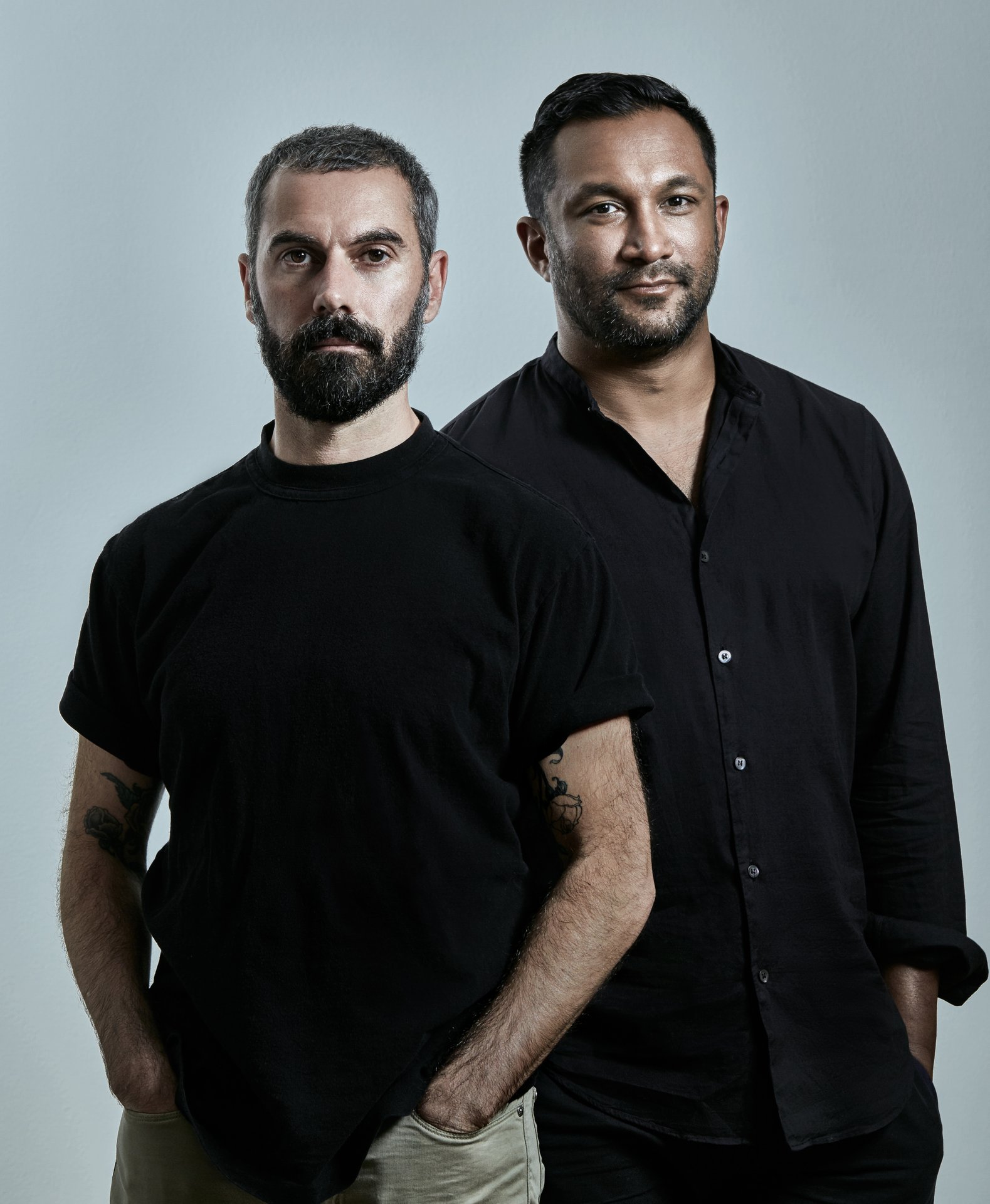Ryan Lobo and Ramon Martin, co-founders and designers of Tome, started their label in 2011 after meeting as students at the University of Technology Sydney. It wasn’t until 2014, however, that the duo truly started to consider and incorporate sustainable practices into their label. Since then, the brand has championed ethical practices into every aspect of their company. We checked in with Lobo and Martin, whose collection is sold at the CFDA Loves Sustainability shop at Fred Segal on Sunset, about their transition towards becoming a socially and environmentally responsible business.
What inspired you to embrace sustainability in the first place?
Lobo: We first began our enquiry into sustainable and ethical fashion with the launch of the first capsule for the White Shirt Project in 2014. The White Shirt Project, now in its fifth iteration, supports Katie Ford’s foundation, Freedom For All that fights human trafficking and slavery. The white shirts symbolize a clean slate, a metaphor for the new beginning given to those helped by FFA.
Martin: The first questions Katie asked us when we began our partnership was, “Is everyone involved in making your clothes paid well? Is there anyone being coerced? Anything that does not meet industry standards?” It forced us examine our process and visit all our factories and have complete transparency.
How do you incorporate sustainable practices into your design process, and the way you run your company?
Martin: We are proud to say sustainable and ethical practices now run top to bottom through the business. We have chosen to work with transparent and ethical supply chains, worked on reducing waste and using local and renewable resources. We periodically check in on our factories to monitor our supply chain’s practices and safeguard the women who make our clothes.
Is the design approach for sustainable product different? How so?
Lobo: We never want to compromise on our vision so we’ve done extensive research on different production methods and materials. For instance, for our Fall-Winter 2017 collection, we wanted to create a gorilla “fur” look as a direct translation of our inspiration, Guerilla Girls. We worked with ethically-run women’s collective Art Atlas in Peru and used sustainably sourced alpaca to successfully develop a sweater to recreate the fur-like look.
What’s your advice for designers looking to become more sustainable?
Martin: Approach sustainability holistically. There’s so much involved—from fabrication and supply chain to business practices. Ask a lot of questions. There are always sustainable solutions out there, even if they might not be immediately obvious. Do your research and never compromise on your principals.
Why is sustainability so important now, more than ever?
Lobo: Consumers care, more than ever, about the origin of everything they buy. You can no longer just throw around words like “sustainable” or “ethical” without being able to prove to your customer that there’s a real commitment behind those terms. That’s the direction the industry is taking and it’ll be unwise for brands to ignore this trend. Sustainable and ethical fashion should not be considered a luxury but a given.

